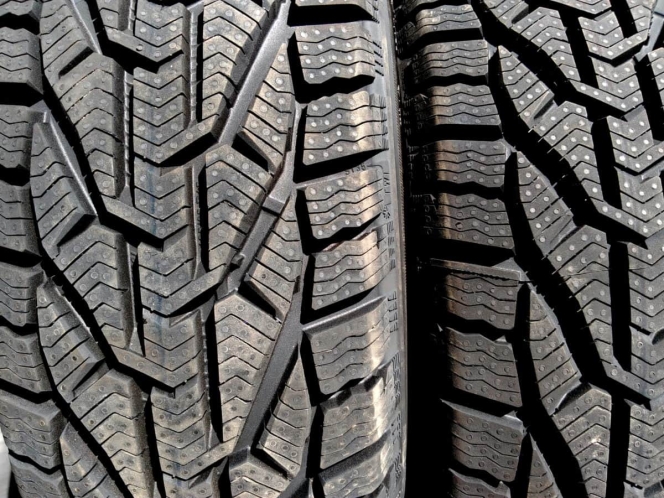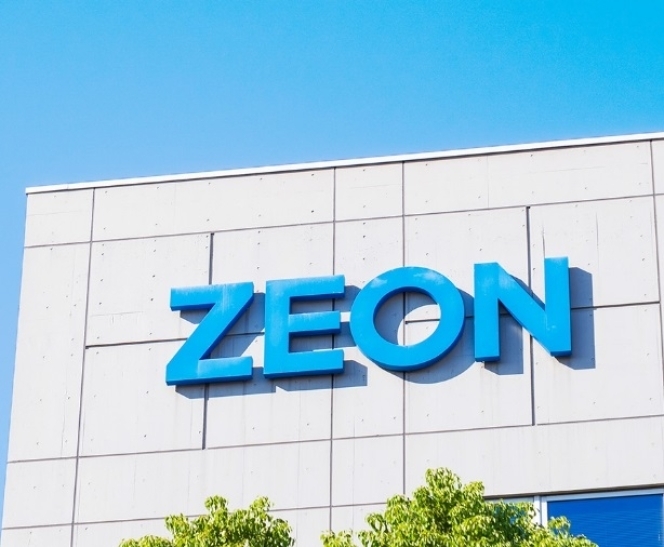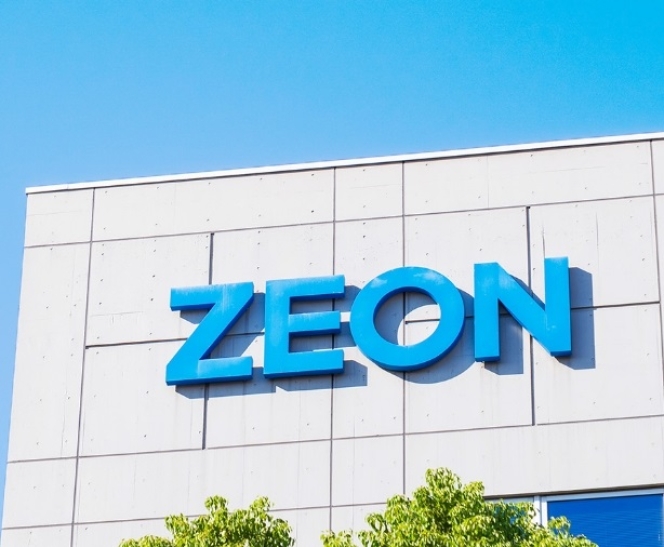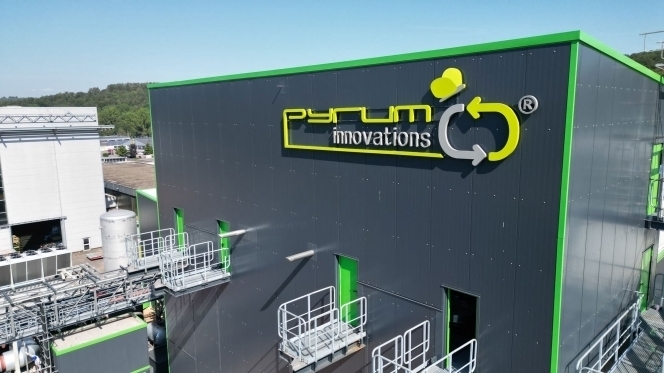- All Kerala Small Scale Tread Rubber Manufacturers’ Association
- natural rubber
- container
- shipping
- tyre
- retread
- treading
- Kerala
- small-scale players
- GST
- unorganised
Kerala Tread Rubber Producers Increase Prices, Stares At Existential Crisis
- By Nilesh Wadhwa
- August 08, 2024

The production and availability of natural rubber in India is facing huge disruption, despite a constant price hike, small-scale players are under the threat of extinction on the back of several factors. In fact, the All Kerala Small Scale Tread Rubber Manufacturers’ Association increased the price of tread rubber and allied products by INR 12 per kg on the back of hike raw material prices and overhead expenses. But this too seems to be a not a sustainable measure.
In a conversation with Tyre Trends, P P Subair, President, of All Kerala Small Scale Tread Rubber Manufacturers’ Association states that the prices of rubber are going up by almost INR 3-4 per kg daily. It is becoming so dynamic that the prices keep varying throughout the day.
This, he attributes, is on the back of several factors, which include the availability of natural rubber becoming scarce on the back of adverse weather conditions (heavy rain); then there is the reduction in imports due to the non-availability of containers from Thailand and other countries.
Furthermore, the reduction in the availability of labourers, especially in the key state of Kerala where only 30 percent labourers are available (compared to demand) for rubber taping. According to Subair, almost 80 percent of the natural rubber production in India happens in Kerala, with the rest of India including Karnataka, Maharashtra and other states contributing the remaining 20 percent.
“The young generation is not interested in working in this profession, even if people from other states are called for working on rubber tapping, it will still take a couple of months for them to be efficient,” shares Subair. This has also resulted in a significant number of players shutting shop. In fact, Subair states the number of members in the All Kerala Small Scale Tread Rubber Manufacturers’ Association has come down from 1,000 to 300.
He explains that as on 8 August 2024, the price of tread rubber is around INR 250 per kg, yet there is no availability for the raw material.
“Everybody is searching for rubber sheets, but the same problem exists in other states also.”
He claims that at present 75 percent of tread manufacturers are from Kerala, while the remaining are based in Karnataka, Maharashtra, Gujarat, and a few other places. While there are some other states in Northeast India, the quality is not similar, as well as the available quantity is very limited in comparison to the demand in the country.
Subair expects that there may be some relief in the next 2-3 months, in addition to the relief post-monsoon.
But he also expresses concern about the existential crisis looming across the country for the small-scale industry.
“All over India, the small-scale players are suffering in the tread rubber sector. In addition to the challenges, the removal of exemptions for small-scale players in the taxation bracket, we are now faced with 18 percent GST which has impacted the financial health of many players. This has led to wafer-thin to almost no margins for businesses. It has become very difficult to grow or expand one’s business,” he shares.
Then there is the indirect impact due to the crude oil prices on the back of geo-political reasons.
Zeon And Visolis Sign Binding Term Sheet To Advance Bio-Isoprene And SAF Commercialisation
- By TT News
- February 16, 2026

Zeon Corporation and Visolis Inc. have formalised their partnership by signing a binding term sheet, marking a pivotal advancement in the commercialisation of bio-based isoprene monomer and sustainable aviation fuel (SAF).
This collaboration, which now moves from technology verification towards project implementation, is built upon the progress made since their initial memorandum of understanding in March 2024 and the subsequent joint feasibility study announced in April 2025. Bio-based isoprene monomer serves as an essential component in the production of synthetic rubbers and various other materials, while SAF is increasingly recognised as a critical next-generation fuel for reducing carbon emissions within the aviation industry.
The newly established term sheet outlines a foundational agreement on the key elements required for a final investment decision. These include defining the business structure and the respective roles of each company, establishing technology and development strategies and advancing detailed engineering for the proposed production facility. Furthermore, the agreement covers the evaluation of potential sites, the process for engaging with suppliers, securing necessary regulatory approvals and planning the financing pathway.
The envisioned facility is set to commence commercial-scale output after successfully demonstrating mass production capabilities for biomass-based isoprene and SAF, utilising Visolis’ proprietary technology. Both companies are now committed to expediting the path to full-scale production and ensuring a steady supply of these sustainable products to the global market.
Zeon Backs Chemify To Accelerate Digital Chemistry Innovation
- By TT News
- February 12, 2026

Zeon Corporation has deepened its commitment to digital chemistry through a strategic investment and partnership with Chemify Limited, secured via its corporate venture arm Zeon Ventures Inc. Chemify, a growth-stage UK enterprise, is reshaping molecular research by integrating digital tools with automated laboratory systems. Its proprietary Chemputation technology translates molecular targets into executable chemical code, which operates directly on robotic platforms to complete integrated Design–Make–Test–Analyze cycles without manual intervention. This closed-loop automation allows Chemify to explore previously inaccessible areas of chemical space while reducing the timeline from concept to synthesized compound by up to tenfold.
A cornerstone of Chemify’s capability is its recently inaugurated Chemifarm in Glasgow – one of the most sophisticated automated facilities in the world for molecular design and construction. The facility enables accelerated iteration and autonomous synthesis of novel small molecules, converting chemical code into tangible compounds with unprecedented efficiency. These advances are critical for developing functional, synthesisable molecules that can contribute solutions to urgent global issues spanning public health, energy efficiency and environmental protection.
Zeon has been at the forefront of adopting digital methodologies in chemical R&D, recognising their transformative potential from an early stage. This investment is positioned to strengthen Zeon’s internal digital chemistry efforts and catalyse the invention of novel materials capable of addressing complex societal needs. The move aligns with Zeon’s STAGE30 corporate strategy, which targets a rise in revenue contribution from four key growth sectors – Mobility, Healthcare and Life Sciences, Telecommunications and Green Transformation – to 48 percent by fiscal 2028. By backing pioneering enterprises and cultivating advanced materials, Zeon continues to advance its dual vision of a sustainable planet and a secure, progressive society.
- Rubber Board Of India
- Rubber Producers’ Societies
- Sulphur Dusting
- Powdery Mildew
- Rubber Plantations
- Rubber Board Subsidy
Rubber Board Announces Sulphur Dusting Subsidy For Rubber Producers
- By TT News
- February 09, 2026

The Rubber Board of India has announced the opening of an application window for financial aid for sulphur dusting to combat powdery mildew disease in rubber plantations for the year 2026. The scheme is open to all Rubber Producers’ Societies (RPS) operating in both traditional and non-traditional growing regions.
From 10 to 20 February 2026, eligible societies must submit their applications online through the 'ServicePlus' portal on the official Rubber Board website. Societies requiring help with the submission process are advised to contact their nearest Rubber Board regional office or field station, or to consult the board's website for further guidance.
French Recognition Of TPO Bolsters Pyrum's Circular Economy Model
- By TT News
- February 09, 2026

Pyrum Innovations AG has welcomed the official recognition by French authorities on 17 January 2026, which classifies tyre pyrolysis oil (TPO) as a legitimate raw material for the chemical sector. This pivotal regulatory milestone for pyrolysis oil derived from end-of-life tyres substantially enhances the product’s integration into established chemical value chains. It also provides greater predictability for future purchase and partnership frameworks, thereby accelerating the development of industrial material cycles.
For Pyrum, which processes scrap tyres through pyrolysis to recover pyrolysis oil, industrial carbon black and steel, this decision underscores the critical need for standardised and reliable regulatory conditions. Such clarity is fundamental for scaling investments, production volumes and supply chains, particularly as the chemical industry and circular economy converge. The establishment of clear product categories is essential to ramp up the market for high-quality recycled raw materials.
The company remains committed to tracking further developments in France and the wider European dialogue regarding the classification and application of recycled feedstocks. Pyrum’s overarching objective is to expand industrial-scale recycling solutions for scrap tyres. This regulatory progress directly supports the company’s mission to secure long-term, quality-assured supply agreements with partners across the chemical industry, thereby advancing a more sustainable and circular economic model.
Pascal Klein, CEO, Pyrum Innovations AG, said, “The decision in France is an important step for the industrial use of pyrolysis oil from waste tyres. It supports a trend that we are seeing in many markets, where the chemical industry is seeking reliable, technologically robust and clearly classified alternative raw materials.”







Comments (0)
ADD COMMENT